Installation
Installation was very easy. I just put them in the slot, and they worked.
At least that’s how it would work on an Intel machine. I’m on AMD, so I have one more step to take. Because AMD only supports up to 1333MHz RAM, I have to overclock to get my 1600MHz. This will not negatively affect your machine since the RAM is already rated at 1600MHz. This overclock should be easy for every Phenom, and I don’t see why it wouldn’t work on the Athlon IIs either.
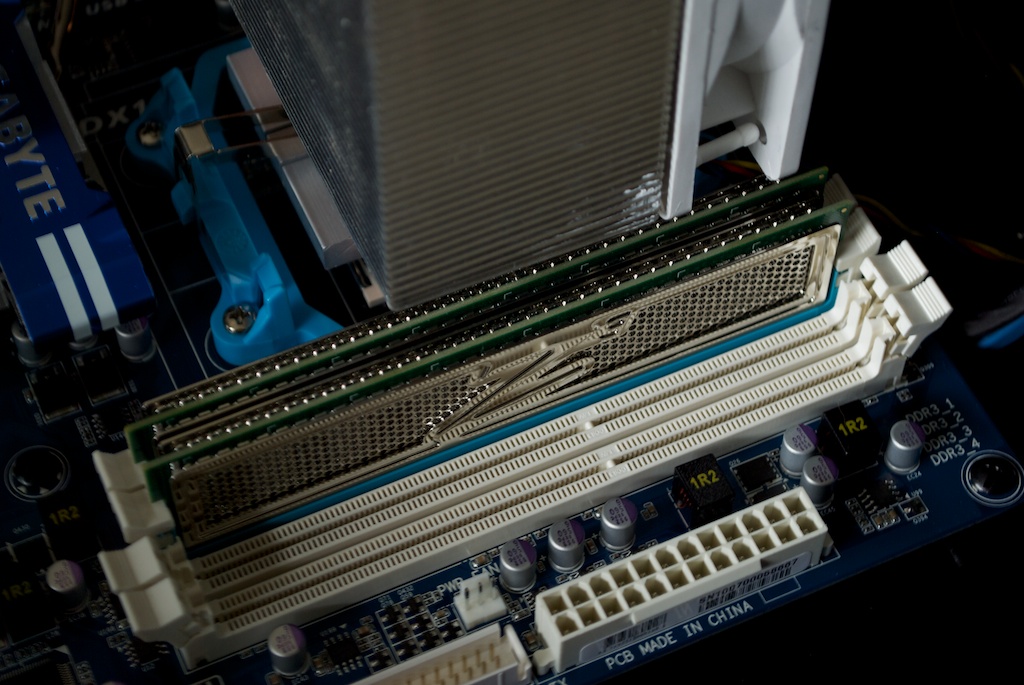
After my little stint in the BIOS, I am up and ready with this new kit. Lets see what CPUZ says.
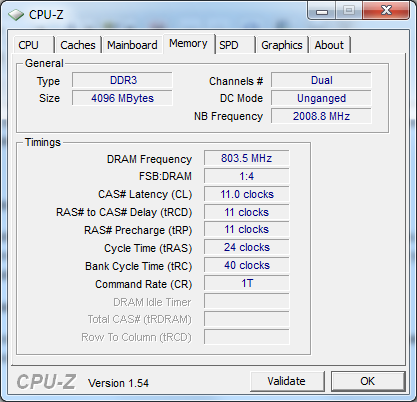
CPUZ says that it’s 800MHz which is the command rate. This puts it at 1600MT/s which is mega-transfers per second. That put’s us at PC3 12800 / 1600MHz RAM. Right? Right.
The CL for this is 9. This is the low end of PC312800 RAM. The fastest, would be 7. This, however, does not mean it’s slow. It’s 1600MHz for crying out loud!
Testing
Testing RAM is a little touchy. There are many factors as to what can make RAM faster, e.g., the CPU, chipset. I have a pretty decent rig, so the results should be pretty good. An older/slower chipset might have lower results.
Test Rig
| Motherboard | Gigabyte 890gpa-ud3h |
| Heatsink | AeroFlow FX 120 |
| Power Supply | Cooler Master Silent Pro M 600W |
| RAM | OCZ DDR3 PC3-12800 Platinum Extreme Low Voltage CL 9 Dual Channel 4GB kit |
| Case | Azza Hurrican 2000 |
| GPU | Radeon 4850 512MB |
| Harddrive | 160GB Seagate for OS; 1TB Seagate for apps |
SiSoft Sanda
SiSoft Sandra is a wonderful program with tons of benchmarks for each component of your machine. Lets fire away at the ones for RAM.
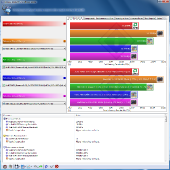 |
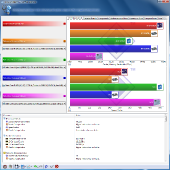 |
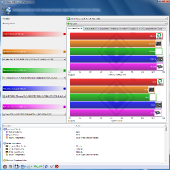 |
| Memory Bandwidth | Cache/Memory | Memory Latency |
The OCZ Platinum does a great job keeping up with similar machines. In the memory bandwidth test, the OCZ Platinum lost against a set of faster RAM, as well as a triple channel kit. The Memory latency test was very tight, with the OCZ Platinum pulling ahead in the speed test. And the cache and memory test shows it coming out on top in cache/memory bandwidth, and losing to an i7 rig in the speed factor test. Again, there are many factors that can keep RAM like this from performing at it’s best.
MemTach
MemTach runs a slew of memory using web based tasks. Run this against you’re system to compare.
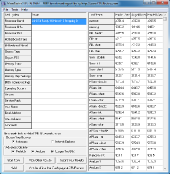 |
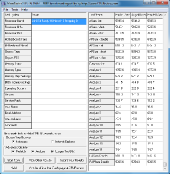 |
The tests ran well, and the numbers seem to be very solidly fast.

Great structure and design. Unfortunately, my laptop’s processor is AMD, I can’t try this one.